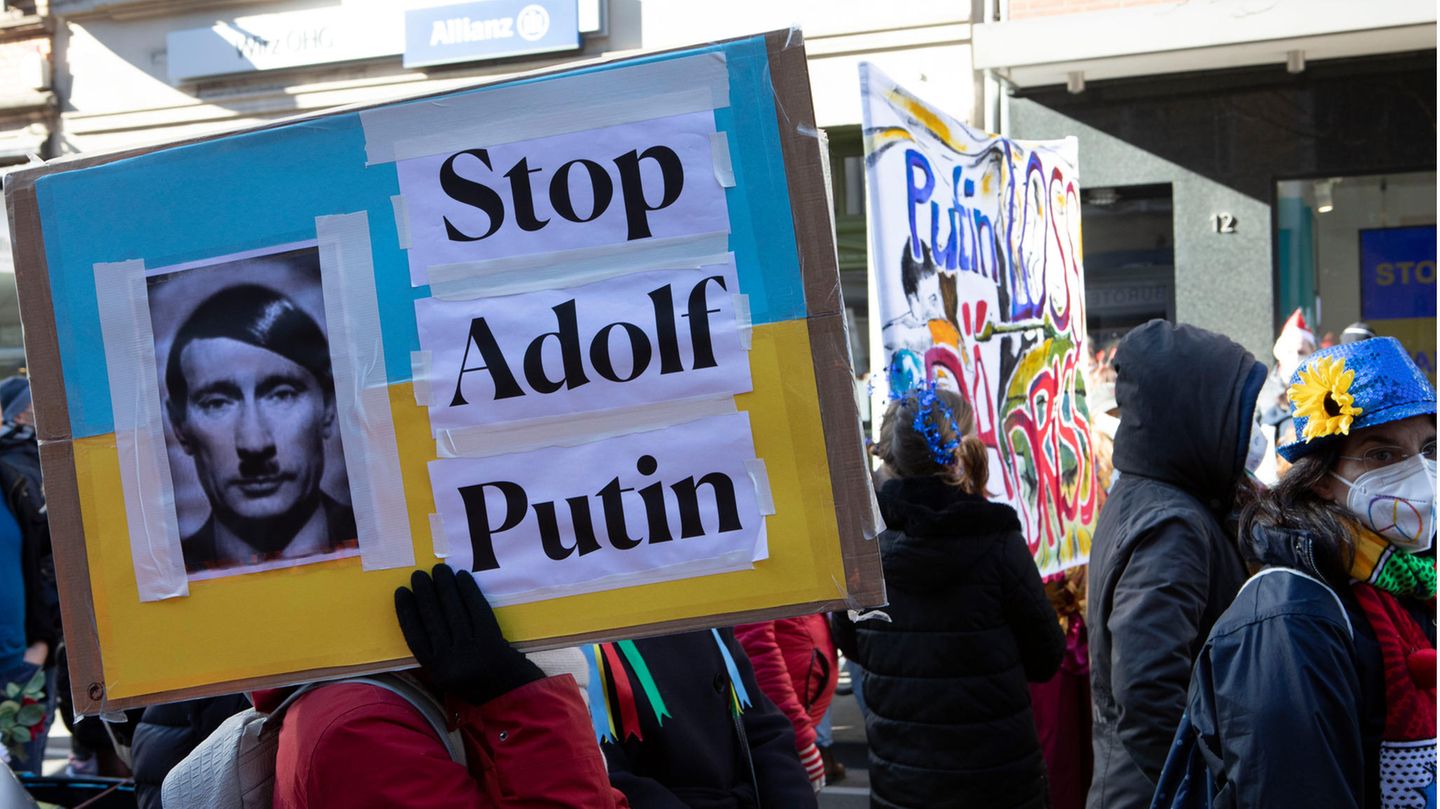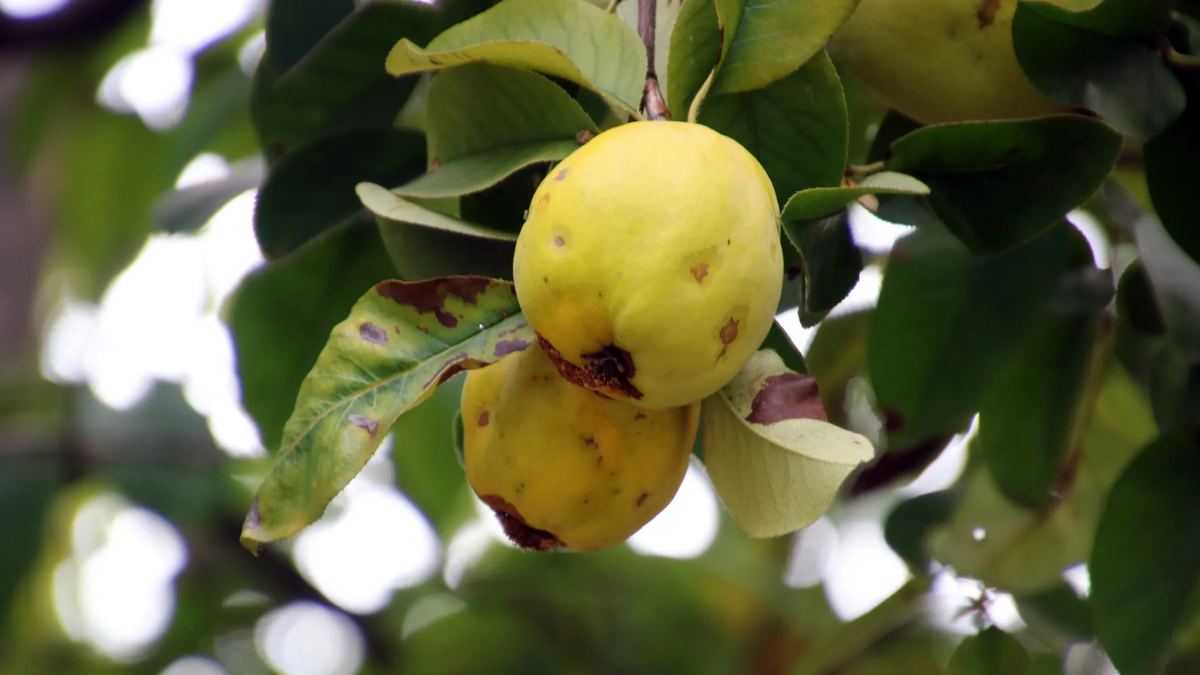There are people who openly conjure up a Great Russian Empire from the Atlantic to the Pacific. Like the fascist philosopher Alexander Dugin. His worldview stems from an imperialist school of thought, from which Vladimir Putin also quotes.
“Our revolution will not stop in (Western) Ukraine. It must be carried through Europe. The USA opened Pandora’s box on Kiev’s Maidan. And it is not only a threat to Moscow, but to all of Europe – inclusive for Germany, France, Italy and the rest. Now that the United States has learned how to control its neo-Nazi accomplices, they will try to do the same across Europe. Sooner or later. If our Russian revolution is going to be successful, then we will begin to rid Europe of American ideology. That is the true goal of ‘Eurasism’. Europe from Lisbon to Vladivostok. The great Eurasian continental empire. Every step we have taken, crushing the Chechen separatists, the liberation of South Ossetia and Abkhazia, and now Crimea, is a step towards European revolution.”
These ominous words come from March 2014, shortly after Russia illegally annexed the Crimean peninsula. They were written by a Russian philosopher named Alexander Dugin. The 60-year-old professor and ex-politician of the now banned Russian National Bolshevik Party has worked his way up to become a mastermind and driving force for Western European Nazis and fascists as well as parts of the Kremlin leadership. Some even see him as a whisperer for Vladimir Putin. Although this status is probably a bit of an exaggeration, the two men’s mindsets and perspectives converge in an unfortunate way.
Does Dugin set the direction for Putin?
Anyone who wants to gauge where the Kremlin chief could steer his country and possibly even the neighboring states can already read the direction in Alexander Dugin – as in his 2014 essay “The Horizon of our Revolution – from Crimea to Lisbon.” “Although he does not hold any official office, Dugin is considered a key ideological figure,” says a recently published German government response to the Left Party’s request. “The völkisch-nationalist positions propagated by Dugin provided the template for the illegal attack on Ukraine,” said MP Martina Renner.
Experts have been warning of the head of the “Katehon” institute for some time. British author Paul Ratner called him “the world’s greatest dangerous philosopher” in 2016. The letter from the federal government states that its think tank is a “right-wing extremist think tank” characterized by an anti-Western and anti-liberal attitude. Ideological leitmotifs are “the creation of a unified cultural space of Slavic-Orthodox Russians and Russian dominance over large parts of Europe and Asia”.
What Dugin and Putin have in common is a deep aversion to “the West” and its supposedly decadent culture. In his most recent speech, the Russian President spat poison and bile over the Russian oligarchs living there. He would not judge anyone who lives in Miami or on the French Riviera and cannot do without “foie gras, oysters or so-called gender freedoms”, but these people are “by their nature mentally right there and not here, not with our people, not located in Russia”.
Russianness and sexual morality
In this sentence alone, Putin touches on two elements that Dugin repeatedly emphasizes: Russianness as the measure of all things and a form of chosenness, as well as the conspicuously frequent topic of sexual freedom, such as gay marriage. Both men often castigate them as unnatural apparitions. “The Eurasian ideal is the powerful, passionate, healthy and beautiful person, and not the cocaine addict, the bastard from worldly discos, the asocial criminal or the prostitute,” said the philosopher in his “.
Like Dugin, Putin is also concerned with the idea of a new Greater Russia. In the summer of last year, the head of the Kremlin wrote a historical essay in which he made Ukraine part of Russia and thus denied the country’s right to exist. The idea that Ukraine can’t actually be a state of its own isn’t exclusive to Putin. In the 1930s, the Russian philosopher Ivan Ilyin, who was also a right-wing extremist, only ever mentioned the Ukraine in quotation marks. Ilyin, who lives in exile, was a supporter of Adolf Hitler and Benito Mussolini, but Vladimir Putin regularly quotes from his writings. In 2005 he had the mortal remains brought back from Switzerland to Moscow and buried at home.
core of today’s Putinism
The US historian Timothy Snyder writes in his Putin book “The Road to Unfreedom” that in early 2014 all members of Russia’s ruling party and all public sector employees received a selection of Ilyin’s political writings from the Kremlin. His work, which “links to right-wing radical fascist theories, Greater Russian-‘Eurasian’ ideology, forms the actual core of today’s Putinism,” it says.
Ilyin and Dugin (and indirectly also Putin) share their belief in a resurgence of the Russian Empire and the fight against the godless enemy from the West. “Putin has these great empire ideas, even if he’s not paranoid enough to blindly follow Dugin’s ideology. He’s much more radical and comprehensive and has already criticized Putin for being too liberal,” said political scientist Hajo Funke recently in the star-Interview. According to Funke, the extreme right in Germany is also fascinated by the orientation towards a new, large empire.
In Dugin’s best-known book, the “Fundamentals of Geopolitics,” which is also widely read among Western right-wing extremists, he also specifically outlines which neighboring states he considers to be core components of Russia. In addition to Ukraine, that would be Belarus, Georgia, Moldova, even Finland. In his concept of Moscow as the “Third Rome,” even the Christian Orthodox countries of Serbia, Romania, and Greece belong to the Russian sphere. It is unclear whether these ideas and myths of an East Slavic ethnic unity are anchored in Russian society, says Düsseldorf historian Heidi Hein-Kircher, but Putin’s government has been exploiting them for propaganda for years.
“It is necessary to fight and die”
In 1993 the name Alexander Dugin first appeared in the German media. At that time, the Kremlin tried to get the separatists in the Caucasus under control with the help of the military. The “Süddeutsche Zeitung” wrote at the time about the uncertain outcome of the conflict: “And then what the right-wing pamphleteer Alexander Dugin formulated only recently in the magazine Djen could apply again: ‘It is necessary to fight and die so that we can preserve our empire be able.'”
Swell: DPA, AFP, “”, “”, Republik.ch, “”, , Geopolitica.ru,
Source: Stern
David William is a talented author who has made a name for himself in the world of writing. He is a professional author who writes on a wide range of topics, from general interest to opinion news. David is currently working as a writer at 24 hours worlds where he brings his unique perspective and in-depth research to his articles, making them both informative and engaging.




